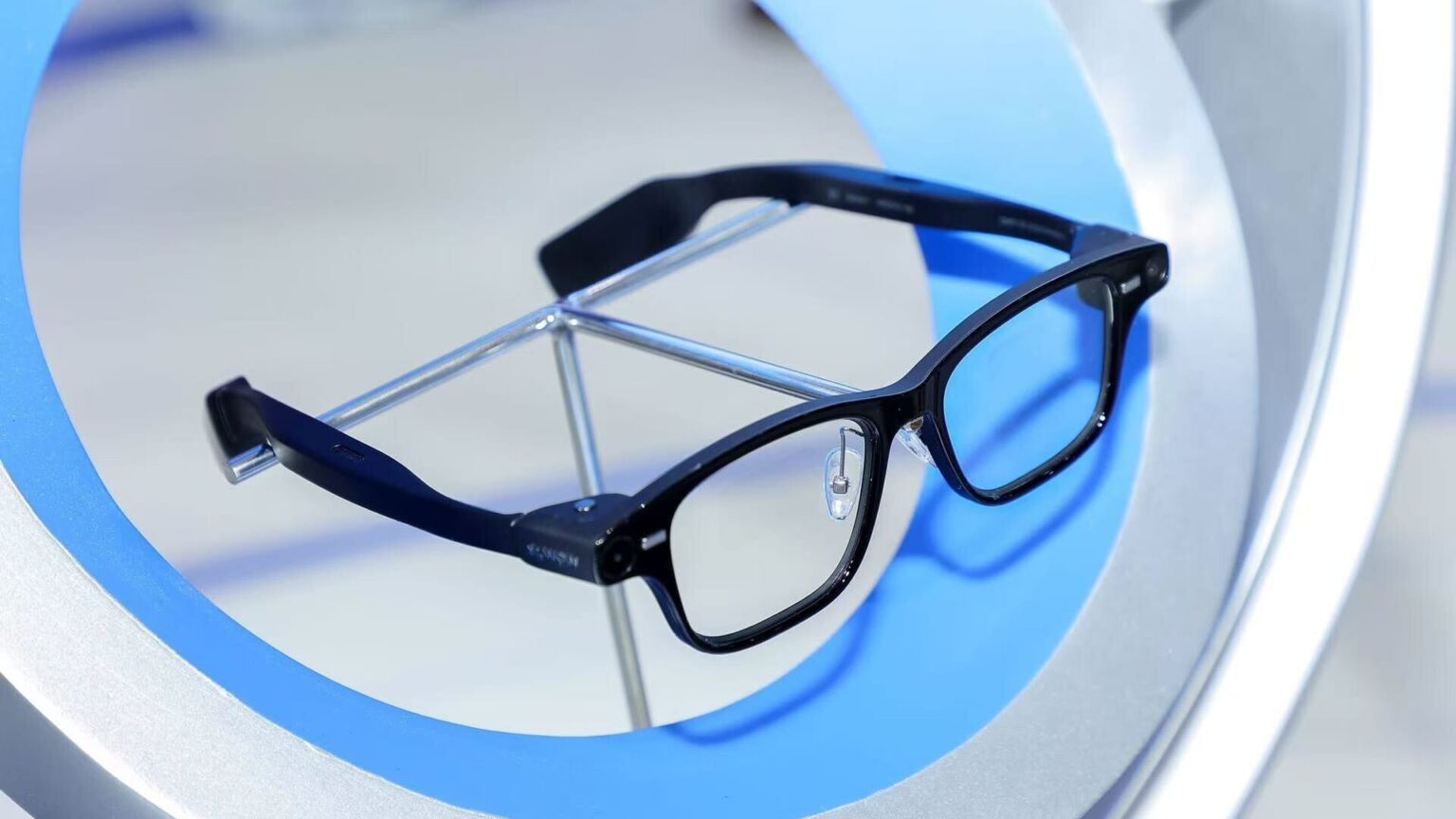Alibaba announced plans to release a pair of smart glasses powered by its AI models. The Quark AI Glasses are Alibaba’s first foray into the smart glasses product category.
Alibaba
Alibaba‘s artificial intelligence-powered smart glasses went on sale on Thursday as the Chinese tech giant looks to ramp up its focus on consumer AI in an increasingly competitive market.
The Quark AI Glasses, first announced in July, come in two variants — the S1, which starts at 3,799 Chinese yuan ($536) and G1 at 1,899 yuan.
The tech giant has integrated its Qwen AI models — Alibaba’s version of ChatGPT — with the device which also links to its newly-launched Qwen app. This means users can use voice control to get the glasses to carry out tasks.
The lenses of the glasses are effectively screens and the device has a camera built into the frame. The main difference between the S1 and G1 is the display, Alibaba said.

The company said that some of the features include on-the-go translation, AI-generated meeting notes and the ability to ask the virtual assistants questions. Users take pictures of a product using the camera in the lens and then the device will show the price of that product on Taobao, Alibaba’s main shopping app in China.
Alibaba, like other technology companies such as U.S. giant Meta, are betting that smart glasses could be the next big consumer device after the smartphone.
In September, Meta unveiled the $799 Meta Ray-Ban Display glasses, the social media company’s first consumer-ready smart glasses with a built-in display. Users can control the device via hand gestures with a special wristband.
Alibaba’s glasses will initially go on sale in China and compete with domestic rivals, including consumer electronics maker Xiaomi and startup Xreal.
The smart glasses market is still small but growing rapidly. By 2026, shipments of AI glasses are expected to exceed more than 10 million units, doubling from 2025, according to a forecast from Omdia.
For Alibaba, the glasses are its latest play in the consumer AI market as it looks to build on its recent successes. The company’s ChatGPT-style Qwen app got 10 million downloads in the first week of the public beta launch. Meanwhile, Alibaba’s cloud computing business, where it books much of its AI-relate revenue, saw an acceleration of growth in the last quarter.
The Hangzhou, headquartered company is one of the leaders in China’s AI space, and has been investing aggressively in AI alongside rival giants like Baidu and Tencent, and aggressively launching new models.
https://www.cnbc.com/2025/11/27/alibaba-quark-ai-glasses-go-on-sale-price-specs.html


